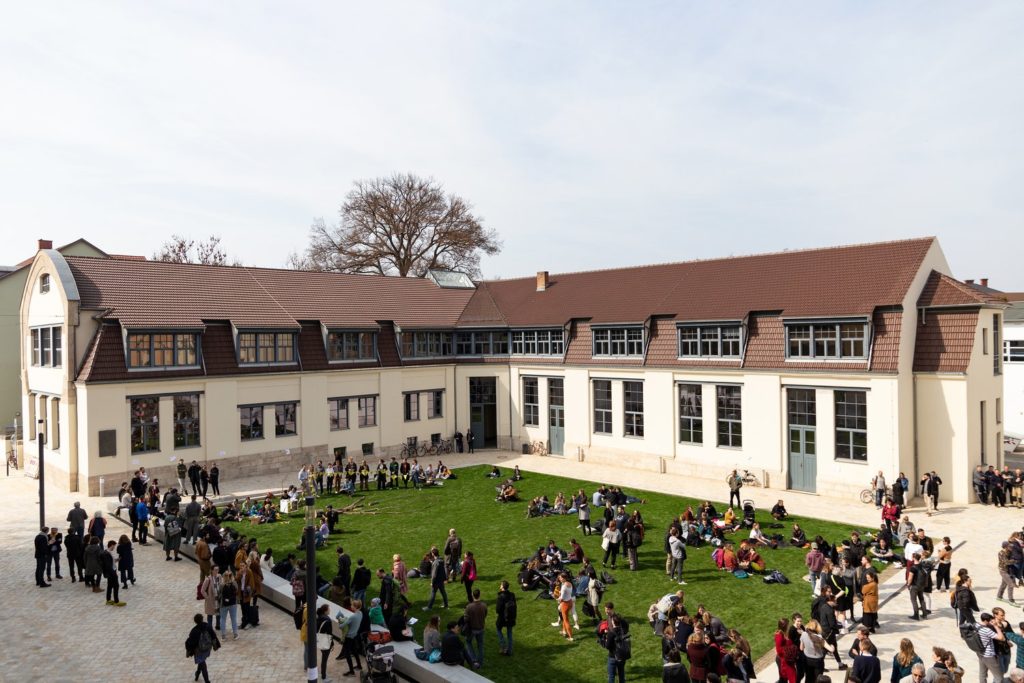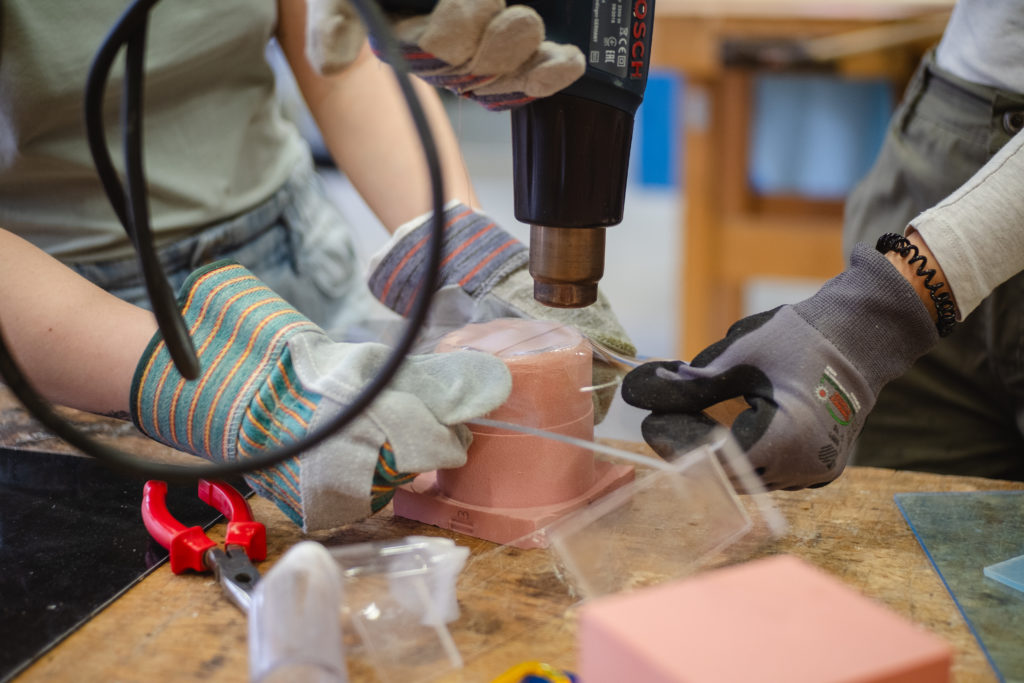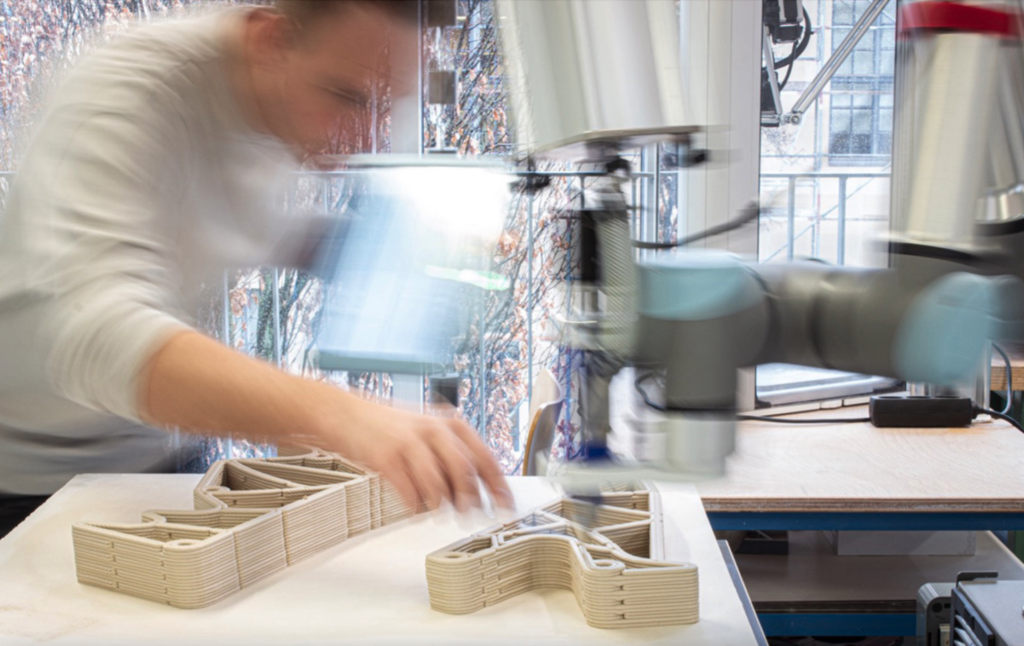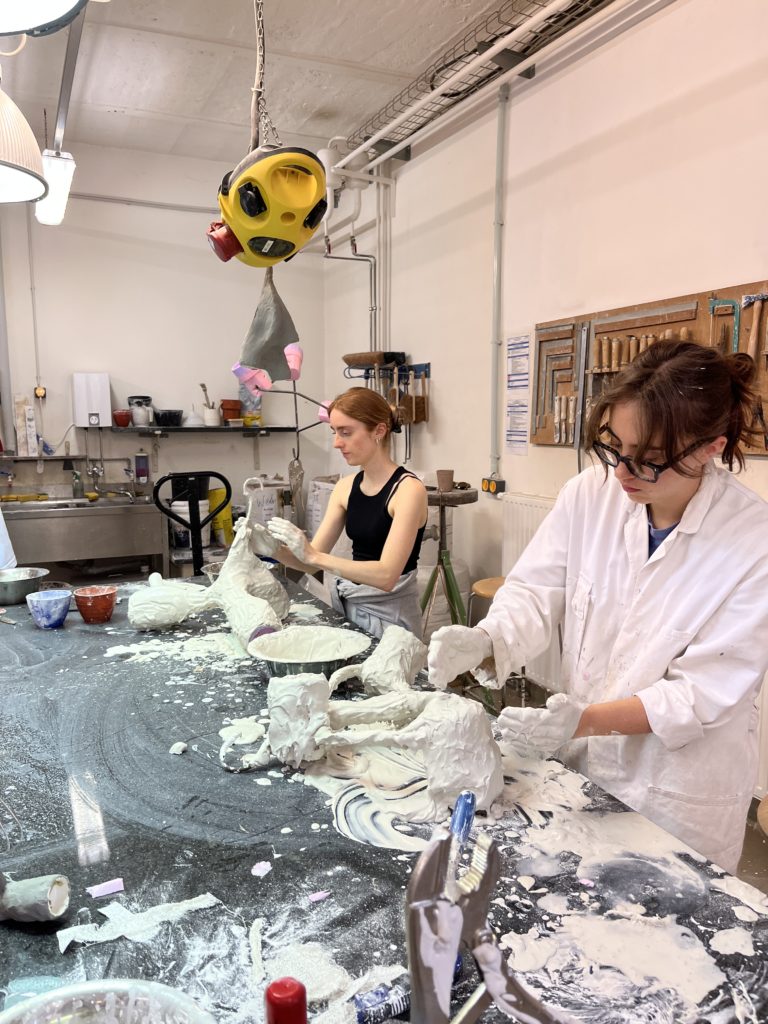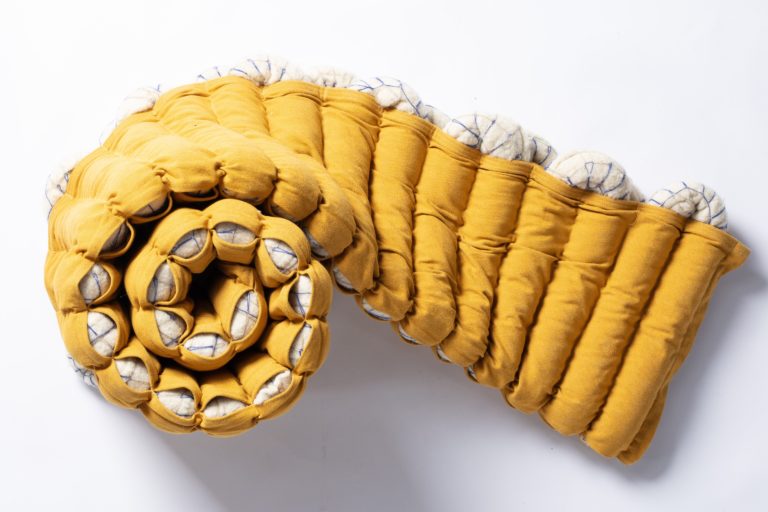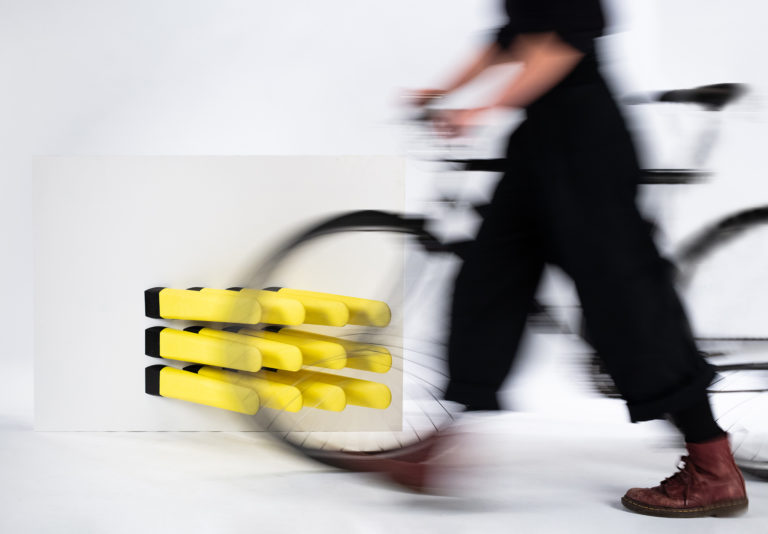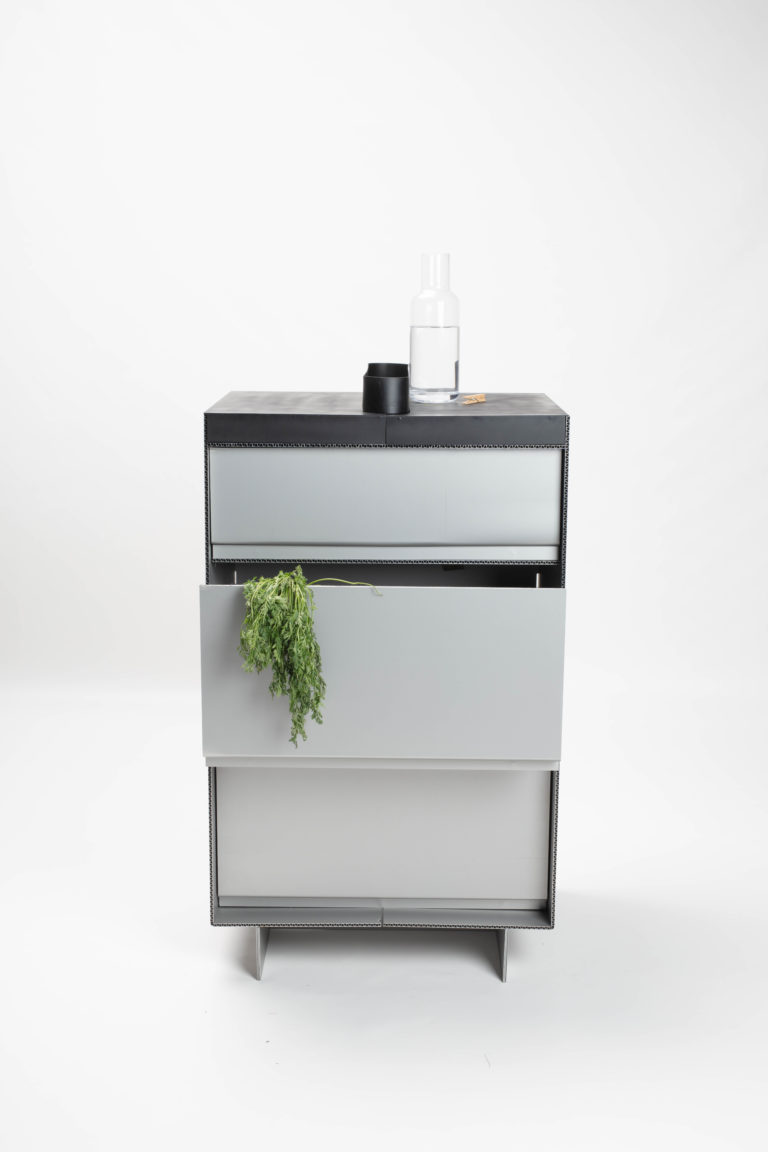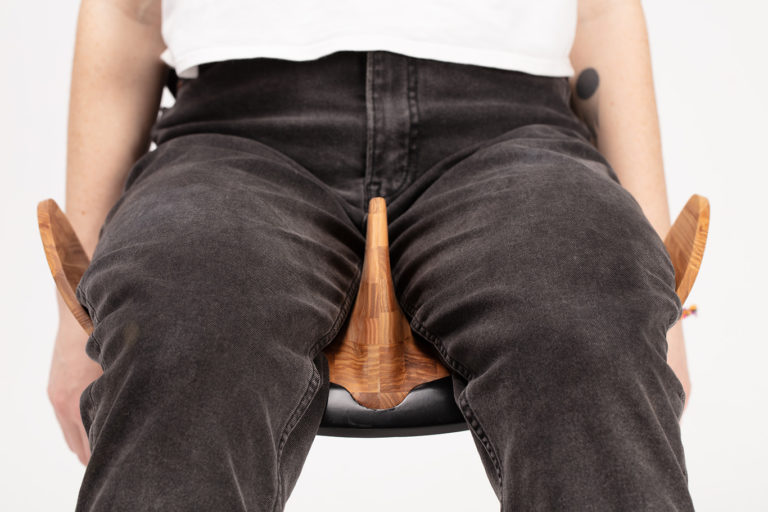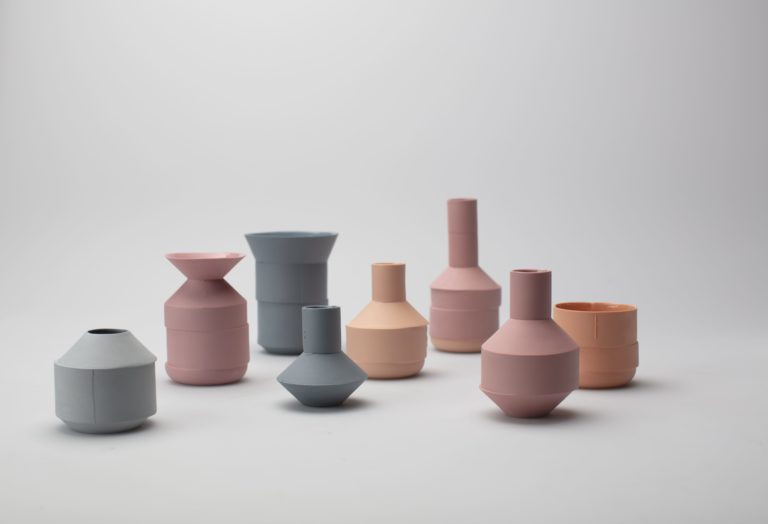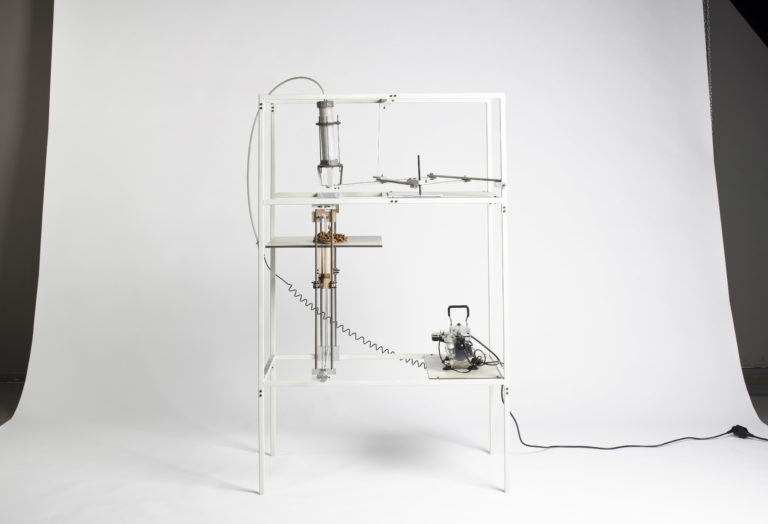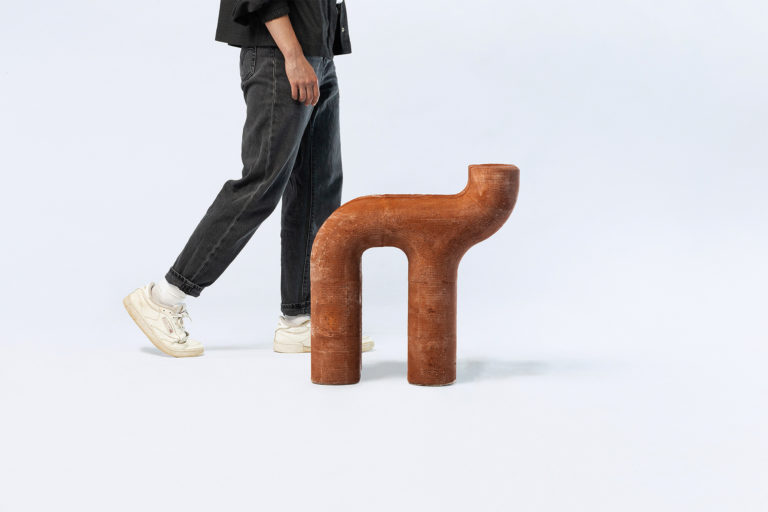Bauhaus-Universität Weimar
Productdesign | Bauhaus-Universität Weimar
Productdesign by Bauhaus-Universität Weimar @ Youtube
B-A-D.cloud | Bauhaus-Universität Weimar
Prof. Gerrit Babtist
Design and Management
Prof. Martin Kuban
Transformative Design
Prof. Andreas Mühlenberend
Industrial Design
Jun.-Prof. Dr. Thomas Pearce
Emerging Technologies and Design
Prof. Dr. Jan Willmann
Designtheory und Design Research
Teaching on the Product Design degree programme at the Bauhaus-Universität Weimar is based on the project-oriented ‘Weimar Model’: students work on real projects in interdisciplinary teams and benefit from intensive supervision by teaching staff. The Weimar Model aims to develop individual skills profiles that are orientated towards the interests and personalities of the students. In their day-to-day studies, they can expect creative freedom in studios, workshops and laboratories as well as direct and intensive dialogue with each other.
Product Design at Bauhaus Universität Weimar
The Product Design degree programme is based on the ‘Weimar Model’, which offers a project-oriented and practical education. Each semester, students work intensively on specific topics or issues and benefit from collaboration with fellow students and intensive dialogue with lecturers and experts. Independent work in studios, experimentation in excellent workshops and laboratories as well as exchange with fellow students characterise everyday study life.
Design focuses include aesthetic, symbolic, technical and material-related aspects. This is complemented by reflection on overarching social and cultural contexts. The work begins with intensive research, followed by creative explorations in the form of sketches, experiments and material studies, as well as the use of analogue, digital and hybrid design tools. The end results are analogue and digital three-dimensional artefacts and models as well as supplementary multi-media representations and presentations. Sustainability, energy-efficient production and resource conservation are also integral themes. The pragmatic motto is therefore: think, make, search, experiment, discuss, reflect, evaluate and above all: collaborate!

